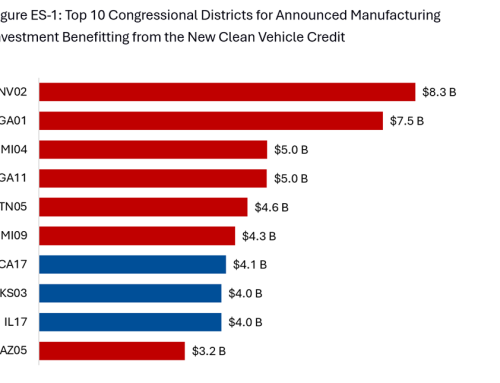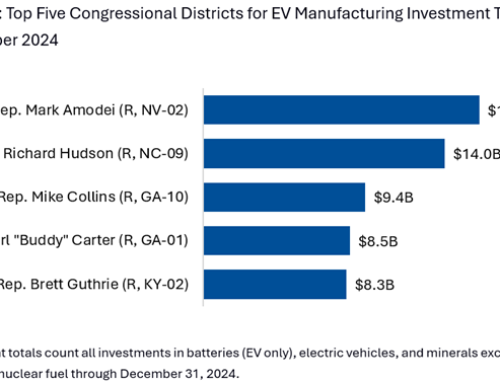
Source: Detroit Free Press
After months of speculation, GM and Nikola announced an agreement to roll back their planned partnership on November 30th. This marks the next step of a story which began on September 8th when news broke that GM intended to take an 11 percent stake in the startup and manufacture the Nikola Badger ZEV pickup truck. Just one week after the announcement, controversy with Nikola emerged from fraud claims by short seller Hindenburg, leading to the departure of the company’s founder shortly afterwards. The reduced partnership maintains GM as the supplier of fuel cells for future Nikola freight trucks as well as a potential deal to provide GM’s anticipated Ultium battery packs, but does not give the automaker any shares in the company. This prompted Nikola to cancel plans for the Badger and focus entirely on their commercial vehicle production. Nikola’s shares fell by more than 20 percent when the news broke.
GM managed to escape from the fray with little bruising as the automaker charges ahead with their electrification agenda, announcing an additional $7 billion infusion for their EV manufacturing strategy on November 19th. GM is throwing their weight behind EVs in both policy and practice, making headlines when they backtracked on November 23rd and announced support for California’s more stringent tailpipe emissions standards. The move effectively abandons the company’s alignment with the Trump administration on vehicle standards and is a step towards healing the fracture created last year around this important policy. It also sends a strong signal that the auto industry intends to work with the incoming Biden administration in concert with California on climate and energy policy, similar to the industry’s approach to the Obama administration.
The acceleration of electrification commitments from major manufacturers like Daimler, Ford, and GM is increasing the pressure on smaller manufacturers to carve out their place in the market. On November 30th, Canadian EV bus and truck manufacturer Lion Electric announced plans to enter the stock market through the reverse merger track favored by several EV startups in 2020. Lion, which already offers several electric delivery and freight trucks on the market, will face increasing competition as new models reach the market. Tesla is expected to begin commercial production of the Semi in 2021 and Elon Musk is boasting a 621-mile range as the new top end capacity for the vehicle.
Medium- and heavy-duty electrification continues to ramp up with electric utilities around the country providing increasing support for charging infrastructure. On November 24th, Duke Energy was approved for a scaled-back version of their EV proposal in North Carolina. The approval gives the company the go-ahead to invest $25 million in a suite of initiatives including support for school bus electrification. This is the largest single-program approval issued outside California and New York so far in 2020 and adds to the increasing momentum towards transportation electrification in the Southeast.
Utility approvals and private investment announcements in November could help sustain the strong performance of the EV sector in the third quarter of 2020. September marked the first month in 2020 where year-over-year sales were higher than 2019 and more than $14 billion in new private investments was announced. See the EV Hub Quarterly Review for all the updates and highlights from the third quarter of 2020.

